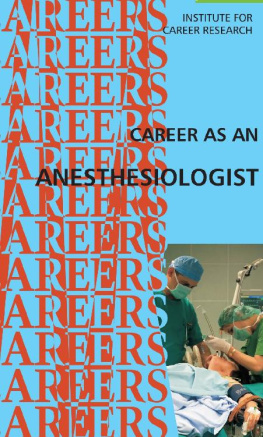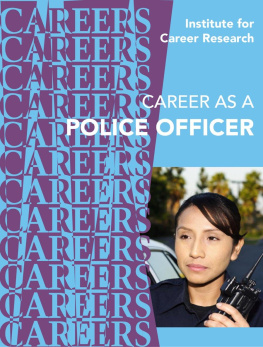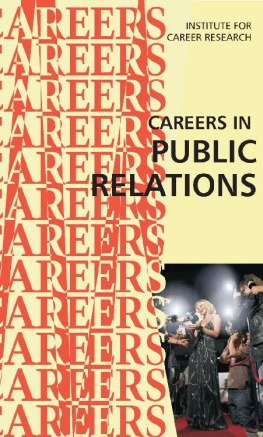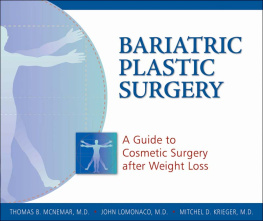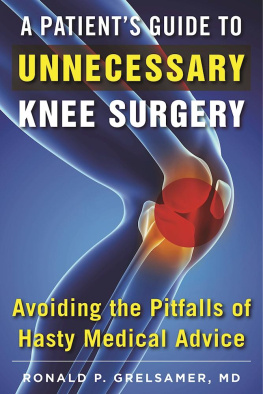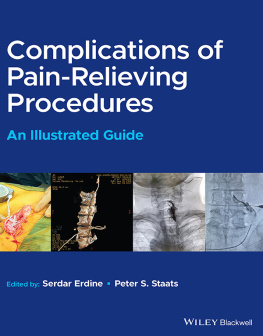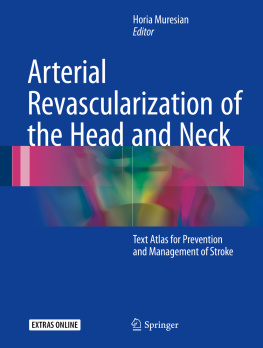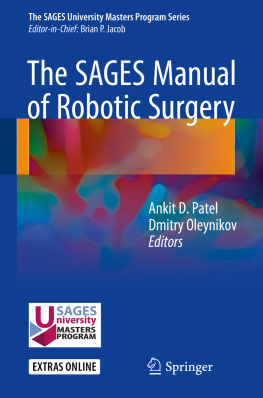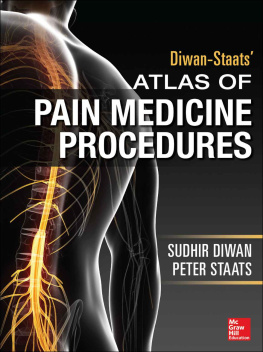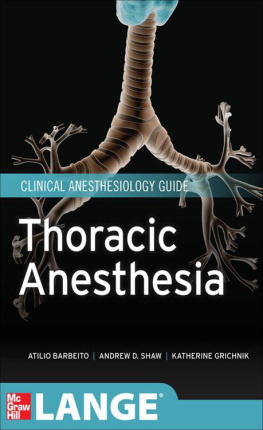
DOCTORS PRACTICING THE MODERN HEALTHCARE SCIENCE OF PREVENTING AND TREATING PAIN
Overview
Earnings
- Through residency: $35,000 to $40,000
- Board certified anesthesiologists: $175,000 to $300,000
Traits Required
- Interest in science
- Self-motivation & discipline
- Detail-oriented
- Enjoy the technical aspects of medicine
- Quick thinking & able to resolve problems
The Work You Will Do
- Assure pain-free, or minimal pain, medical care
- Provide care before, during, & after surgery
- Evaluate patients
- Formulate anesthetic plans, based on patients' medical condition
- Give patients drugs
- Provide pain control & support of life functions
- Reverse the effects of the drugs & return patients to consciousness
- Supervises patients' care in the recovery
Where You Will Work
- Private medical practice
- Academic medical center
- Armed services
Where You Will Work
- Bachelor of Science degree
- Medical School
- Anesthesiology Residency
- Board Certification
Attractive Features
- Opportunity to improve the lives of other people
- Work is short term & varies from day to day
- Opportunity to master & use highly technical skills
- Prestigious career
- Financial rewards
Unattractive Features
- Lengthy educational process & expensive
- Long hours
- On call
- Unpredictable schedules
Introduction
The practice of medicine is both ancient and universal. Where ever there are sick people, there are respected individuals in the community who use special knowledge to cure disease and ease pain. In primitive cultures, these individuals may be shamans or medicine men. But in developed civilizations, from the ancient Egyptians to today, medical care has been provided by highly-educated physicians.
Anesthesiologists are physicians who specialize in the prevention and treatment of pain. About five percent of all physicians are anesthesiologists.
Unless you have had an operation, you may never have encountered an anesthesiologist. Anesthesiologists administer anesthetics before and during surgery and other medical procedures so the patient will feel no pain. Each year, more than 25 million surgical procedures are performed in the United States. These surgical procedures would not be possible without modern anesthesia techniques that block the pain of surgery.
Your body includes a network of billions of nerve cells that interconnect with your brain and spinal cord. Through this network, electrochemical signals transmit information to the brain, including pain messages. Anesthesiologists use three different types of anesthesia - local, regional, and general - to interrupt these pain signals.
In general anesthesia, you are unconscious and have no awareness or other sensations. Some general anesthetic drugs are gases or vapors inhaled through a breathing mask or tube; others are medications administered through a vein. During general anesthesia, anesthesiologists carefully monitor patients using sophisticated equipment to track major bodily functions. In most operations using general anesthesia, specialized equipment is used to actually control the patient's every breath. This is because certain medications temporarily decrease breathing capability, which is further reduced by necessary muscle relaxants. At the conclusion of surgery, the anesthesiologist reverses the process and the patient regains consciousness.
With regional anesthesia, the anesthesiologist makes an injection near a cluster of nerves to numb the area of the body that requires surgery. The patient may remain awake, but does not see or feel the actual surgery. Two of the most frequently used regional anesthesia are spinal anesthesia and epidural anesthesia, which are produced by injections made with great exactness in the appropriate areas of the back. They are frequently preferred for childbirth and prostate surgery.
In local anesthesia, the anesthetic drug is usually injected into the tissue to numb just the specific location of the body requiring minor surgery, for example, on the hand or foot.
If you become an anesthesiologist, you will interact with surgeons and pediatricians. You will also work with radiologists on diagnostic procedures such as angiograms. Unlike most other physicians, you probably will not spend a significant portion of your day seeing patients by appointment in your office.
Anesthesiologists may specialize in a variety of different areas, such as cardiac or pediatric anesthesia. Through experience and additional training you may become an expert in a subcategory of anesthesiology. However, there are only two recognized subspecialties with separate board certification - pain management and critical care.
Today, anesthesiologists are not limited only to hospital operating rooms. An increasing number of surgical procedures are performed safely on an outpatient basis. This means that patients have surgery and go home on the same day. Same day surgery frequently is performed in an ambulatory surgical center. Anesthesiologists who specialize in pain management may work in pain management centers or hospital wards, treating patients with acute and chronic pain. Anesthesiology is a challenging career where new opportunities continue to develop as new treatment methods are discovered.
Is This The Career For You?
There are a number of things you can do that will help you decide if this is the right career for you.
Medicine is a science-based career. You should expand your knowledge of science as much as possible. Join the science club and read scientific journals.
While you are still in high school, talk with your career counselor. You may be able to take an aptitude test that measures your skills and helps you identify the skills that you enjoy using most. As an anesthesiologist you will work with equipment and perform a number of procedures on patients that require physical skill. It is important that you have the ability to perform in these areas and enjoy doing so.
You should also begin to familiarize yourself with healthcare. As a high school or college student, you can do volunteer work at a healthcare facility. You may be able to get a job as a hospital orderly, nurse's aide, or ward clerk. This will help you decide if you like working at the places where you would spend your day if you were an anesthesiologist. Through your work, you also will meet people who already work in the healthcare field. They can give you insights into how to care for patients.
History of the Career
The medical profession has been around since ancient times, but the specialty of anesthesiology is relatively new.
Hippocrates, the famous Greek physician who lived about 2500 years ago, developed some of the first known guidelines for the practice of medicine. He studied the human body and his works are among the oldest describing human anatomy and medical theory. You may know about Hippocrates because of the Hippocratic Oath, which calls on physicians to "do no harm" and to practice medicine ethically. Today, many healthcare professionals have adopted the oath as part of their ethical statement. When you graduate from a school of medicine, you will be asked to swear to the ethical principles first set out by Hippocrates.
In the United States, the education and training of physicians have changed a lot in the past 150 years. During the early 19th century, students learned about medicine by attending long lectures in amphitheater settings. After two years - and sometimes less - students could receive a medical degree. There was no clinical training or laboratory work. After students graduated from medical school, they usually apprenticed themselves to an experienced doctor in order to learn the methods of patient care.
Next page
